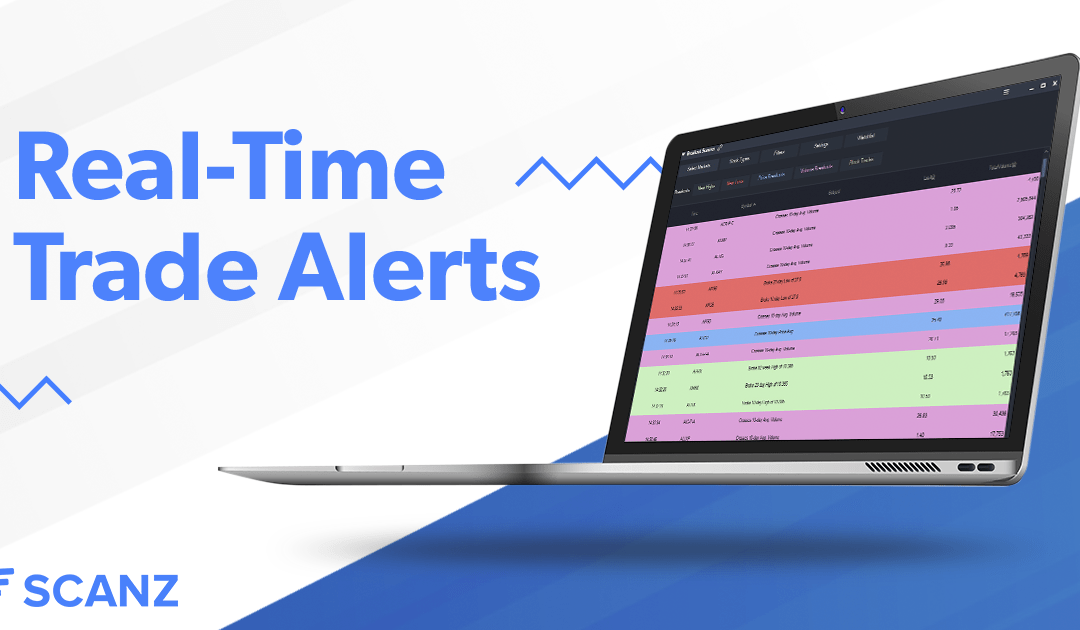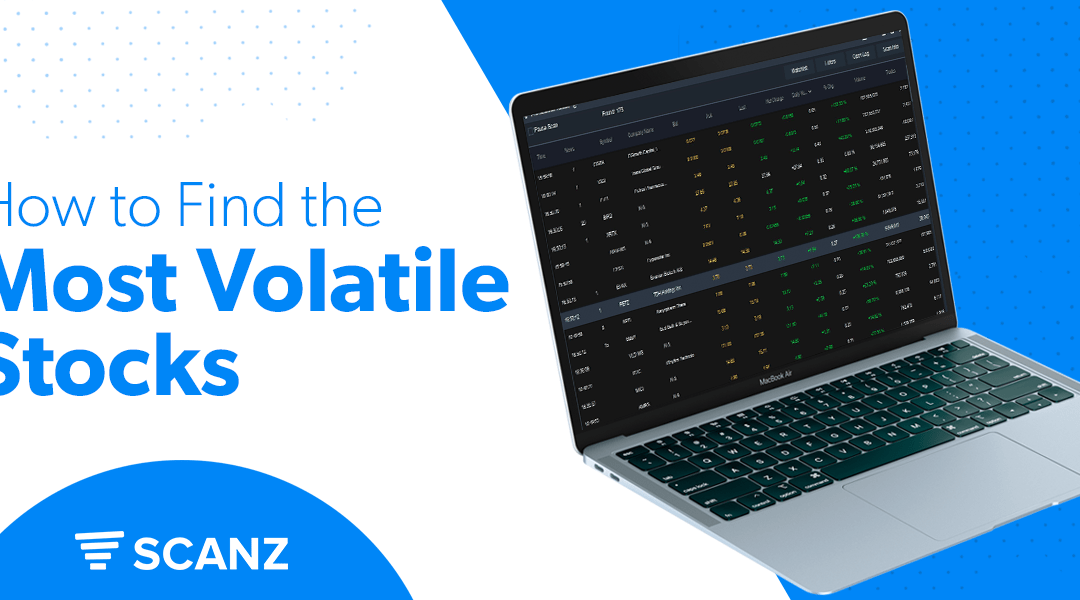As a day trader, you must develop a risk management strategy for maximum gains.
If you’re about to start day trading, you might be thinking of ways to maximize profits and minimize losses — this is the goal of any day trader. A few strategies can help with risk management and increase the chance of a good profit. Those just beginning with day trading may not have enough knowledge to navigate the complicated world of this investment strategy. This is why it’s very important to do your research before starting your day trading journey.
Do Day Traders Actually Make Money?
Yes, day traders do make money. There wouldn’t be an entire industry revolving around it if the practice weren’t lucrative. As a refresher, a day trader typically buys and sells stocks in a short period of time or most often, the same day, hence the name. They make a profit from the small and rapid fluctuations in security prices. The gains may seem incremental, but the accumulated amount can be surprisingly high when day trading is done consistently and with a good strategy.
So, what strategies do day traders use to generate profits?
Scalping
Scalping is one of the more advanced approaches to day trading. The practice entails watching ephemeral intraday price changes. A trader can buy and sell multiple securities during the day when they’re scalping.
News-based Trading
Someone who uses a news-based trading strategy follows relevant or notable news announcements that may cause short-term market moves. This is one of the more popular strategies, and programs like Scanz are primed for this approach.
Swing or Range Trading
Swing or range trading means trading stocks that bounce between low and high prices. You can sell when the stock nears the high point and buy when it starts approaching the opposite.
Spread Trading
With this strategy, you’ll need to exploit the spread, which is the difference in the bid-ask price for a stock. You can step in to buy and quickly resell a stock if the buyer’s bid price suddenly drops.
Short Selling
When you short sell, you sell securities borrowed from a brokerage firm. You’re now “short” the number of shares you sold. Then, you buy the securities once their value drops and return them to the brokerage firm while you keep the profit. You must open a margin account to do this type of trading.
Managing Risk While Day Trading
Day trading is not without risks; you could suffer significant losses if you aren’t careful with your strategy. Thankfully, there are ways to minimize risk as an active intraday trader.
Do Your Research
There’s much to understand regarding day trading and choosing which securities to buy or sell. You’ll need to analyze patterns, trends, and other market indicators for a specific stock before you buy or sell it. Staying tuned to these factors and keeping updated with the latest news about the securities you wish to trade can help you gain more profits and avoid losses. Thankfully, Scanz can automatically help you find the best trade opportunities with our proprietary market scanning technology.
Use Limit Orders to Cut Losses
Is a trade not going the way you hoped it would? Cut your losses! You’ll want to use limit orders to enter and exit the trade. This type of order stops when the security has reached a maximum or minimum price. While this guarantees the stock’s price when sold, remember that a limit order won’t allow you to fill your order immediately.
Spend Only the Money You Can Afford to Lose
Even though you’ve done exhaustive research, some unknown factors will still affect the price of securities. In the worst-case scenario, you could lose a considerable chunk or all of your funds because of an unprecedented factor. Knowing this possibility, you should spend only what you can afford to lose. For example, if you have $20,000 in your trading account and are willing to risk only 0.5% of this amount, your maximum loss should be $1000. Make sure you always place limit orders to minimize your losses.
Start Small and Wait for Long-term Results
Don’t jump into the game expecting huge profits in your first few trades. This mindset is one common mistake of beginner traders, which can lead to impulsive decisions and losses. Instead, start small with just one or two securities in a session. This practice will allow you to get the hang of day trading.
There’s also the concept of fractional shares. Some brokers allow you to trade only a small amount of the stock, which is a less risky option for many. Fractional shares can also help you understand how much you could gain without the risk of losing too much.
Take Advantage of the Scanz Workstation
Scanz is one of the best tools at your disposal. Our workstation is a lightning-fast stock market scanner that helps you monitor live, market-moving activity. With Scanz, you have a real-time window that lets you peer into the stock market and take advantage of the best trade opportunities. Learn how it works and see the benefits by starting a risk free trial!








